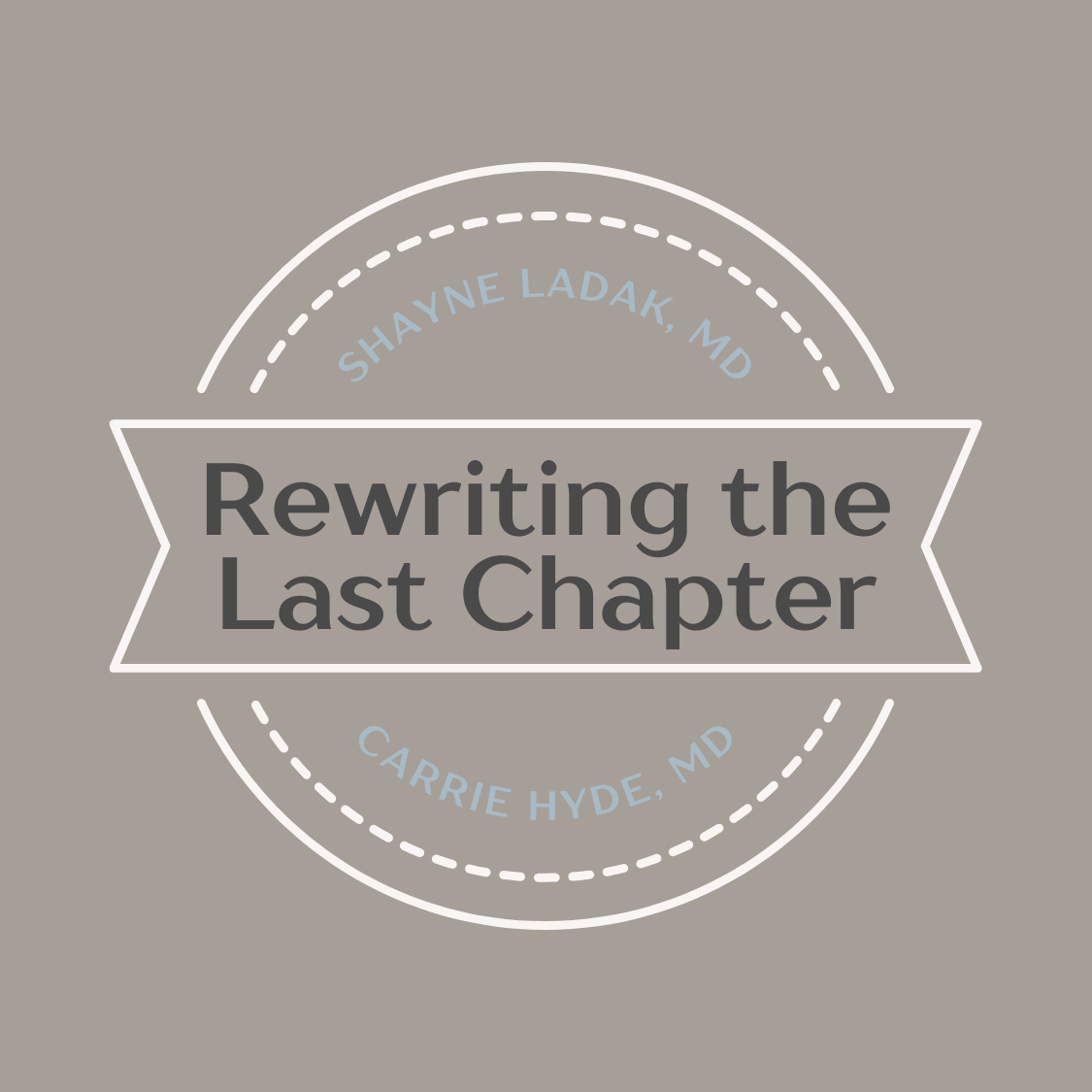Navigating Bereavement for Same-Sex Partners and Families: Providing Affirming Support in Hospice and Palliative Care

The loss of a loved one is a deeply personal and life-altering event, and the grieving process is never one-size-fits-all. Yet for same-sex partners and LGBTQ+ families, bereavement often carries additional burdens—those shaped by social stigma, lack of legal recognition, exclusion from rituals, and a long history of marginalization. For hospice and palliative care professionals committed to holistic, patient- and family-centered care, understanding these challenges is essential to offering equitable, inclusive bereavement support.
While the grief of losing a partner is universally profound, same-sex partners may experience what is known as disenfranchised grief—grief that is not acknowledged, validated, or supported by society or even by the healthcare system. This post explores the unique experiences of same-sex partners in mourning and provides strategies for hospice teams to offer respectful, inclusive care throughout the bereavement journey.
The Weight of Disenfranchised Grief
Disenfranchised grief occurs when mourners are denied the right to grieve openly, receive support, or participate in cultural or familial rituals surrounding death. For same-sex partners, this may manifest in several painful ways:
- Exclusion from family decision-making: Even in long-term relationships, a surviving same-sex partner may be pushed aside by biological family members, especially if there is no legal recognition of the partnership or formal surrogate documentation.
- Lack of public acknowledgment: Co-workers, acquaintances, and even healthcare staff may fail to recognize the survivor’s loss as legitimate. Expressions of sympathy may be minimized or omitted altogether.
- Barriers to mourning rituals: Funerals and memorial services may be planned without the partner’s involvement or held in religious settings where LGBTQ+ identities are rejected or stigmatized.
- Fear of “coming out” in grief: In more conservative communities or care settings, the bereaved may be forced to conceal the true nature of the relationship to avoid judgment, further compounding their isolation.
These experiences not only exacerbate grief—they can deepen trauma and delay the healing process.
Recognizing the Emotional Landscape
Research has shown that LGBTQ+ individuals are at higher risk for anxiety, depression, and social isolation, especially in later life. When combined with the loss of a life partner, these vulnerabilities can create complex and prolonged bereavement reactions. Many LGBTQ+ older adults have lost significant portions of their social networks to the AIDS crisis, carry trauma from earlier eras of rejection, and may rely heavily on a single partner for emotional, financial, and physical support.
In these cases, the death of a partner may feel like the loss of the only safe and affirming relationship in their life. Grief can be accompanied by fears about housing security, loss of chosen family connections, and renewed encounters with institutional discrimination.
Best Practices for Affirming Bereavement Support
Hospice providers and bereavement counselors can play a pivotal role in acknowledging and supporting same-sex partners and chosen families through loss. The following approaches promote dignity, validation, and healing:
1. Use inclusive and affirming language.
Refer to surviving partners using the language they choose—"wife," "husband," "partner," or other preferred terms. Never make assumptions based on gender presentation. Simple validation of the relationship goes a long way toward making someone feel seen in their grief.
2. Normalize and validate chosen families.
Same-sex partners may not be legally married, and chosen family may include close friends, neighbors, or community members. Hospice teams should recognize these individuals as legitimate grievers and include them in support services, calls, and memorial offerings.
3. Offer proactive bereavement outreach.
Many same-sex partners report feeling forgotten after a patient dies. Hospice bereavement coordinators should ensure they are included in outreach lists, receive invitations to memorial events, and are offered counseling and support groups where they feel welcome.
4. Screen for complicated grief and social isolation.
Given the risk of disenfranchised grief, bereavement teams should assess LGBTQ+ survivors for prolonged grief disorder, depression, substance use, and risk of self-neglect. Referrals to LGBTQ+-friendly mental health providers may be warranted.
5. Create safe spaces for grief.
Ensure bereavement support groups and counseling sessions are inclusive of all identities. If your agency offers group therapy, consider partnering with local LGBTQ+ organizations to create targeted spaces for queer individuals to process grief without fear of judgment.
6. Educate your team.
Staff across all disciplines—social workers, chaplains, nurses, aides—should be trained in cultural humility and LGBTQ+ affirming practices. This includes understanding the impact of historical trauma, language sensitivity, and the diversity of family structures.
7. Advocate for inclusion in rituals.
If a partner is being excluded from end-of-life rites or funeral planning, the hospice team can gently advocate on their behalf. Even small gestures—such as inviting the partner to speak during a service or including their name in an obituary—can provide important recognition.
A Story of Exclusion—and Hope
Consider the story of Michael and Tom, a couple who had been together for 28 years. When Tom entered hospice care for advanced liver cancer, Michael was at his side daily. Despite their long partnership, they had never legally married. Tom’s biological family—long estranged and unaware of the depth of their relationship—took control of arrangements after Tom died. Michael was not invited to the funeral and was omitted from the obituary. He was left to grieve alone, with no formal support or recognition.
When the hospice bereavement coordinator reached out, Michael broke down in tears. It was the first time someone had acknowledged his loss as valid. The coordinator connected him with an LGBTQ+ grief support group and followed up with ongoing phone calls. Over time, Michael rebuilt his confidence and community. The hospice team’s simple validation had been his first step toward healing.
The Role of Hospice in Righting Historical Wrongs
Many LGBTQ+ individuals have endured decades of institutional abandonment—denied visitation rights, legal protections, and respect for their relationships. Hospice and palliative care teams now have an opportunity to help rewrite that narrative. By centering the experiences of same-sex partners in grief, offering visibility, and challenging systems that silence, we fulfill our mission to honor every person’s dignity at the end of life—and beyond.
Grief is universal, but how we support it must be deeply personal. Let us ensure that same-sex partners and LGBTQ+ families are never left to mourn in the margins.
Bereavement Resources for LGBTQ+ Individuals
Grieving as an LGBTQ+ person can involve unique challenges—disenfranchised grief, legal and social exclusion, and the loss of chosen family or partners. These affirming resources offer support during some of the most difficult times.
- LGBT National Help Center
Free and confidential peer-support services, including national hotlines, local resource directories, and weekly chatrooms for LGBTQ+ individuals of all ages. - The Trevor Project
24/7 crisis intervention and mental health support for LGBTQ+ youth. Counselors are trained to support those navigating grief, trauma, and identity-related stress. - Grief.com – LGBTQ+ Grief Support
Articles, guidance, and videos curated by grief expert David Kessler, including dedicated content for LGBTQ+ individuals who are grieving the loss of a partner, friend, or family member. - Psychology Today’s LGBTQ+ Affirming Grief Therapists
Use filters to find therapists near you who are both LGBTQ+ affirming and trained in grief counseling. Especially helpful for navigating complex family dynamics or loss of chosen family. - Modern Loss – LGBTQ+ Voices
Candid personal stories, essays, and advice columns written by LGBTQ+ individuals navigating grief. Offers community and real-life insight without platitudes. - NHPCO – LGBTQ+ Hospice and Bereavement Guide
The National Hospice and Palliative Care Organization provides LGBTQ+-inclusive bereavement support materials for caregivers and loved ones. Many local hospice agencies offer LGBTQ+-affirming grief groups—ask what's available in your community.
References
Fredriksen-Goldsen KI, Kim HJ, Shiu C, Goldsen J, Emlet CA. Successful aging among LGBT older adults: Physical and mental health-related quality of life by age group. Gerontologist. 2015;55(1):154–168.
Bristowe K, Marshall S, Harding R. The bereavement experiences of lesbian, gay, bisexual and/or trans people who have lost a partner: A systematic review, thematic synthesis and modelling of the literature.* Palliat Med. 2016;30(8):730–744.
Lucas JJ, Bouchoucha SL, Afrouz R, Reed K, Brennan-Olsen SL. LGBTQ+ Loss and Grief in a Cis-Heteronormative Pandemic: A Qualitative Evidence Synthesis of the COVID-19 Literature. Qual Health Res. 2022 Dec;32(14):2102-2117.
National LGBT Health Education Center. Providing affirming care for LGBTQ people. Fenway Institute, 2021.
Orel NA. Investigating the needs and concerns of lesbian, gay, bisexual, and transgender older adults: The use of qualitative and quantitative methodology. J Homosex. 2014;61(1):53–78.
Rosa WE, Roberts KE, Braybrook D, Harding R, Godwin K, Mahoney C, Mathew S, Atkinson TM, Banerjee SC, Haviland K, Hughes TL, Walters CB, Parker PA. Palliative and end-of-life care needs, experiences, and preferences of LGBTQ+ individuals with serious illness: A systematic mixed-methods review. Palliat Med. 2023 Apr;37(4):460-474.





